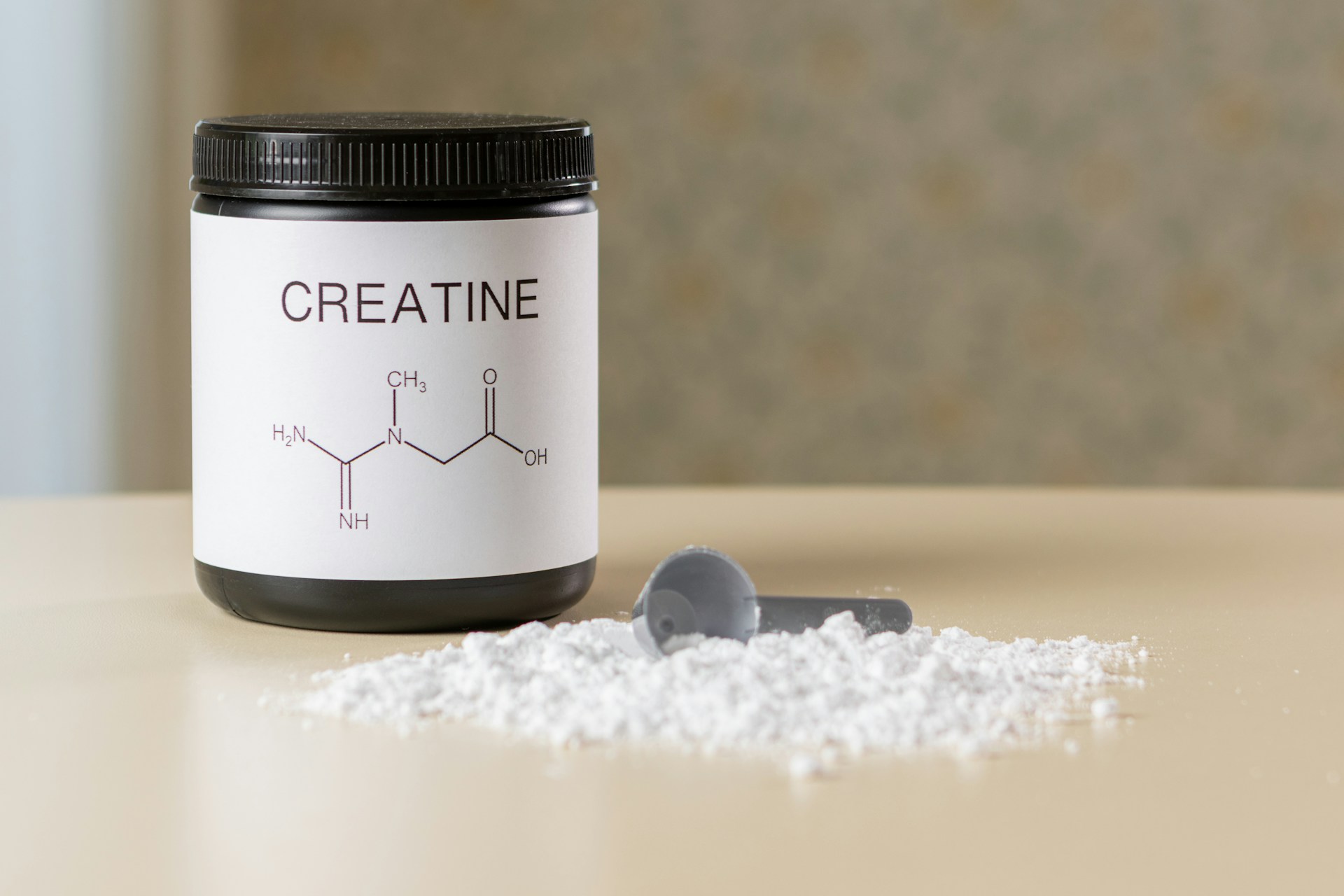Is creatine safe?
Yes, creatine is generally considered safe for most people when taken as directed. It’s one of the most well-researched supplements available, widely used to enhance athletic performance and support muscle growth. Here’s what you should know about its safety and effectiveness:

Safety Overview
- General Health:
- Creatine has been extensively studied, and no serious adverse effects have been consistently linked to its use in healthy individuals.
- It does not harm the liver, kidneys, or other organs when taken at recommended doses.
- Dosage:
- The typical dose is 3–5 grams per day for maintenance after an initial loading phase of 20 grams per day (split into 4 doses) for 5–7 days, though the loading phase is optional.
- Avoid exceeding recommended doses as high doses over long periods have not been as well studied.
- Hydration:
- Creatine can cause water retention in muscles, so staying hydrated is important to avoid potential cramping or dehydration.
- Special Populations:
- Those with pre-existing kidney conditions or other chronic health issues should consult a healthcare provider before starting creatine.
- Pregnant or breastfeeding individuals should avoid creatine unless specifically advised by a doctor, as research in these groups is limited.
Potential Side Effects
- Minor and Temporary:
- Some users may experience bloating, stomach discomfort, or diarrhea, particularly during the loading phase.
- Weight Gain:
- Due to increased water retention in muscles, a slight weight gain (1–3 lbs) is common and usually temporary.
Effectiveness
- Proven Benefits:
- Increases strength, muscle mass, and recovery in athletes.
- Supports short, high-intensity exercise performance (e.g., weightlifting, sprinting).
- Additional Benefits:
- It may offer cognitive benefits and potential neuroprotective effects, though researchers need to conduct more studies.
Myths and Misconceptions
- Creatine does not cause kidney damage in healthy individuals.
- It does not lead to dehydration or cramping when users maintain proper hydration.
Recommendations:
If you’re considering creatine, ensure you’re buying it from a reputable source, such as a brand offering creatine monohydrate, the most studied and effective form. Pair it with adequate hydration, a balanced diet, and proper exercise.
For personalized advice, consult with a healthcare provider, especially if you have pre-existing health concerns.



